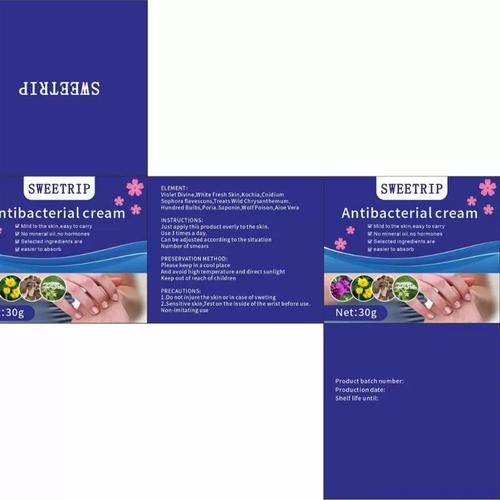
How to Stop Itching Mosquito Bites: A Comprehensive Guide
Dealing with mosquito bites can be quite an annoyance, especially when they cause intense itching. Whether you’re outdoors enjoying a picnic or simply relaxing in your garden, those pesky bites can disrupt your peace. In this article, we’ll delve into various methods to help you alleviate the itching and discomfort caused by mosquito bites. From home remedies to over-the-counter treatments, we’ve got you covered.
Understanding Mosquito Bites
Mosquito bites are caused by the female mosquito’s need for blood to produce eggs. When a mosquito bites, it injects its saliva into your skin, which contains anticoagulants and other substances that prevent your blood from clotting. This saliva is what triggers the immune response, leading to the itching and swelling.

It’s important to note that while most mosquito bites are harmless, some can lead to serious complications, such as allergic reactions or infections. If you experience severe swelling, difficulty breathing, or a high fever, seek medical attention immediately.
Home Remedies for Itching Relief
Before reaching for over-the-counter remedies, try these simple home treatments to soothe your mosquito bite:
-
Ice Pack: Apply a cold compress or ice pack to the bite for 10-15 minutes. This can numb the area and reduce inflammation.
-
Apple Cider Vinegar: Dilute apple cider vinegar with water and apply it to the bite using a cotton ball. The acidity can help neutralize the mosquito’s saliva and reduce itching.

-
Baking Soda Paste: Mix baking soda with water to form a paste and apply it to the bite. The paste can help soothe the skin and reduce inflammation.
-
Aloe Vera: Aloe vera has natural cooling and soothing properties. Apply fresh aloe vera gel directly to the bite for immediate relief.
-
Tea Tree Oil: Known for its antiseptic and anti-inflammatory properties, tea tree oil can help reduce itching and prevent infection. Dilute it with a carrier oil, such as coconut oil, before applying.
Over-the-Counter Treatments
For more severe itching, consider these over-the-counter options:
-
Antihistamines: Antihistamines, such as diphenhydramine (Benadryl), can help alleviate itching by blocking the histamine that causes inflammation.
-
Hydrocortisone Cream: Hydrocortisone cream is a topical corticosteroid that can reduce inflammation and itching. Apply it to the bite as directed on the label.
-
Calamine Lotion: Calamine lotion can help soothe the skin and reduce itching. It’s often used for treating rashes and minor skin irritations.
-
Anti-Itch Creams: There are various anti-itch creams available that contain ingredients like menthol, camphor, or lidocaine to provide relief from itching.
Preventing Future Bites
Preventing mosquito bites is always better than dealing with the aftermath. Here are some tips to help you avoid getting bitten:
-
Wear Protective Clothing: When spending time outdoors, wear long-sleeved shirts, pants, and socks to minimize exposed skin.
-
Use Insect Repellent: Apply a DEET-containing insect repellent to your skin and clothing. Follow the instructions on the label for proper application.
-
Eliminate Standing Water: Mosquitoes breed in standing water, so empty any containers that collect water, such as bird baths, flower pots, and rain gutters.
-
Install Screens: Install screens on windows and doors to prevent mosquitoes from entering your home.
-
Use铓婂笎: If you sleep outdoors or in a room with a lot of mosquitoes, use a mosquito net to protect yourself from bites.
By following these tips, you can effectively manage the itching caused by mosquito bites and reduce your







